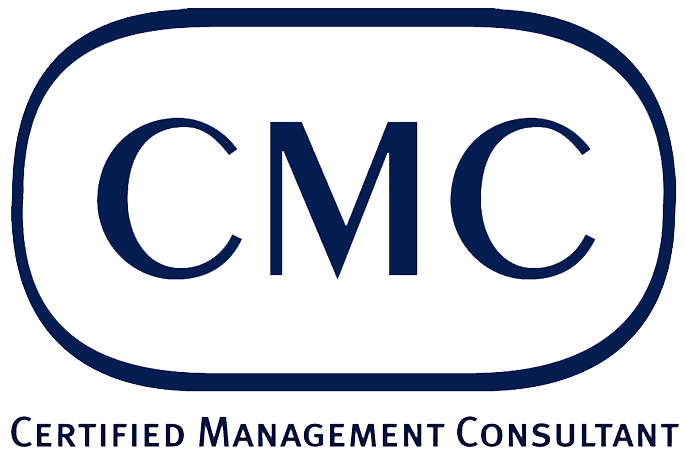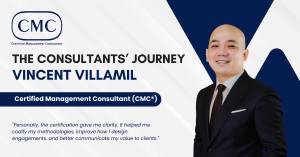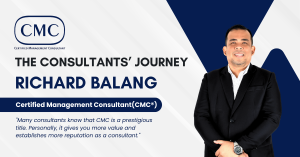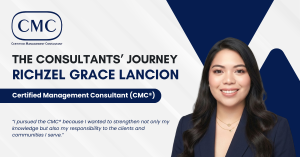Certified Management Consultant (CMC®) Cyruz P. Tuppal stands as a distinguished figure in the field of management consulting, blending intellectual depth, ethical leadership, and multidisciplinary expertise. His globally recognized CMC® designation, earned through the 44th Cohort of CMC Philippines, affirms his adherence to the highest standards of professional competence and integrity. The certification is more than a title—it represents decades of practice and a lifelong commitment to transforming organizations through evidence-based strategy and systems innovation.
Dr. Tuppal’s academic foundation is as exceptional as his professional track record. Holding four doctoral degrees—including a Doctor of Management in Service Management and a Doctor of Public Administration—he has built a rare synthesis of theory and applied management science. His credentials are further strengthened by a Master in Business Administration (MBA), a Master in Hospital Administration (MHA), and postgraduate qualifications in Research Development and Management, as well as a Juris Doctor degree. This combination allows him to approach every consulting engagement with rigor, precision, and a balance between analytical and ethical considerations. Professionally, his CMC® expertise is applied across education, healthcare, and governance, where he delivers strategic planning, systems design, and organizational transformation initiatives that create measurable impact.
His Motivation to Pursue the CMC® Designation
“I earned the Certified Management Consultant (CMC®) credential to formalize years of systems, quality, and strategy work across health and higher education. The designation signaled to clients that my practice meets global professional standards and an ethical code. I completed the 44th CMC Philippines program in December 2021 and continued with advanced strategy/budgeting development in 2023.”
His Certification Journey
“Preparation combined portfolio consolidation (documenting engagements, outcomes, and references), method refresher work (strategy mapping, budgeting, analytics), and ethics. The toughest part was scoping discipline—saying no to scope creep and demonstrating how I protect client value by keeping projects focused.”
Benefits of Becoming a CMC®
“Personally: clarity about my practice identity and the kind of value I deliver. Professionally: stronger trust in university and health-sector engagements, invitations to collaborate as a research fellow regionally, and easier alignment with leadership teams because the credential signals rigor and ethics from the outset.”
How the CMC® Credential Enhanced His Career
“It complements my academic appointments (e.g., Full Professor at National University, Founding Dean, Mapua Malayan Colleges Laguna, Professor, St. Paul University Philippines System and Manila, Professor, University of Perpetual Help Dalta System, Professor, Universitas Pelita Harapan and University Research Fellow, Universitas Diponegoro) and my role as a PAASCU accreditor—a blend that clients recognize: scholar-practitioner with standardized consulting discipline. It also underpins my decision to found Domus Pio as a purpose-built consulting enterprise.”
His Message to Aspiring Consultants
“If you already deliver value, CMC® gives you language, structure, and ethics to deliver it consistently. Don’t chase letters; chase outcomes and integrity—the credential is most powerful when it simply confirms what your clients already experience.”
For Dr. Cyruz P. Tuppal, becoming a Certified Management Consultant is not merely a career milestone—it is a platform for leadership in service of the public good. His consulting journey continues to shape his vision as he transitions into public service through the Health Workers’ Party List. There, he seeks to apply the same principles of discipline, ethics, and strategic foresight that define his consulting career toward building responsive health systems, professionalizing healthcare practice, and strengthening governance. As a nurse, educator, and consultant, Dr. Tuppal exemplifies how technical expertise and moral purpose can converge to create sustainable, people-centered reform.




